When a cat's pupils are two different sizes, veterinarians call it anisocoria. This is considered a sign of a problem but it's not an actual disease. If you notice that your cat's pupils look unequal, there's something medical going on behind the scenes. Here's what cat parents need to know if their cat's pupils are different sizes, including when to call the vet.
What Is Aniscoria?
Anisocoria is the medical term for pupils of two different sizes. Anisocoria, in and of itself, is not a disease but rather a sign of an underlying condition.
What Causes Cat Pupils of Different Size?
There are a variety of reasons why a cat may have pupils of different sizes.
- Problems at the surface of the eye such as a corneal ulcer, eye injury, or uveitis
- Problems with the structures at the back of the eye (retina, optic nerve, or optic tract), which may also affect vision in that eye
- Neurological disorders, such as head trauma or brain tumors, which can affect the nerves running to your cat's eye
- Inner or middle ear infections that affect the nerves that travel to the eye (can also have additional signs known as Horner's Syndrome)
- Glaucoma (the affected eye will have a dilated pupil with increased pressure within the eye)
- Spastic pupil syndrome (can be a symptom of feline leukemia virus)
- Degenerative changes to the iris tissue that can happen with aging, called iris atrophy
- Exposure to certain chemicals or toxins
Associated Signs
Depending on the underlying cause, your cat may experience symptoms affecting the eyes or other parts of the body. The causes of anisocoria in cats are so varied that it is possible to see many different scenarios.
- Redness of one or both eyes
- Cloudy or blue-tinted cornea (the outermost layer of the eye)
- Eye discharge
- Droopy eyelid
- Squinting
- Rubbing/pawing at the affected eye
- Lethargy or less active than normal
- Behavioral changes
- Other physical changes
What To Do if Your Cat’s Pupils Are Different Sizes
If your cat has unequal pupils, it may be an emergency that requires immediate veterinary care. Bring your cat to the nearest open veterinary facility for assessment. Eyes are so delicate that treatment should begin right away to avoid permanent damage to vision. Some causes of anisocoria are even life-threatening.
The veterinarian will examine your cat and take a close look at the eyes to assess vision and nerve functions. Most eye workups will include three basic tests:
- Schirmer tear test to asses tear production
- Fluorescein stain, which will illuminate corneal ulcers and injuries
- Intraocular pressure test to rule out glaucoma and uveitis
The vet may recommend additional diagnostics, such as blood tests rule out systemic illnesses. In some cases, imaging such as skull radiographs, a CT scan or MRI can be a helpful tool. Your vet may also refer you and your cat to a veterinary ophthalmologist.
Warning
A cat with pupils of different sizes needs immediate veterinary attention. If this occurs when your regular veterinarian is closed, head to the nearest open emergency vet.
How to Treat Anisocoria in Cats
Anisocoria is a sign and symptom, but not a disease, so treatment depends entirely on the underlying cause. A veterinarian will create an appropriate treatment plan based on the specific disease.
- Some causes of anisocoria may require short- or long-term medication.
- Some underlying conditions are serious and will require hospitalization with supportive care.
- If your cat's anisocoria is stemming from a chemical or toxin exposure, removing the substance may reverse the anisocoria.
- Some causes, such as some types of Horner's Syndrome, are self-limiting and the anisocoria may resolve on its own.
In some cases, such as degenerative conditions, the cat's anisocoria may never get better despite treatment. Vision loss can be permanent in some situations.
Regardless of the reason for your cat's anisocoria, it's vital to seek immediate veterinary attention for the sake of your cat's vision and overall health. Whether you see an emergency veterinarian or your regular veterinarian, they can help you figure out what is causing your cat's troubling eye symptoms and how best to tackle the problem.

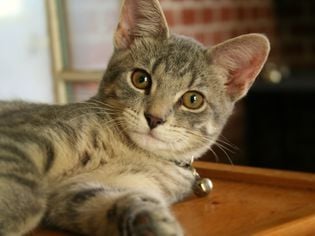
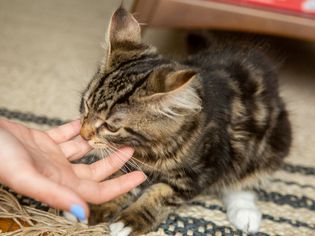
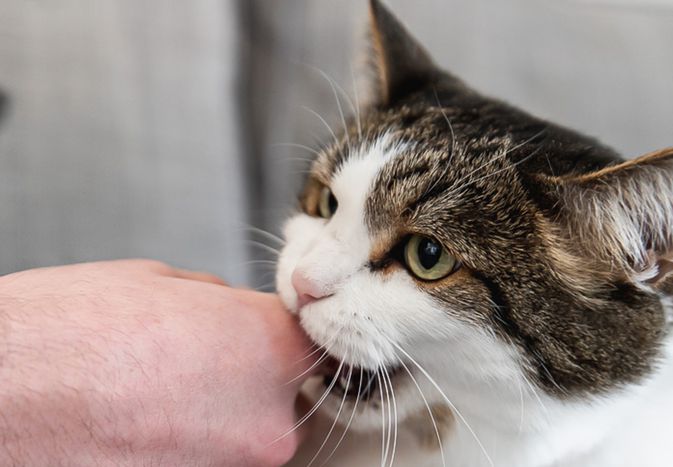
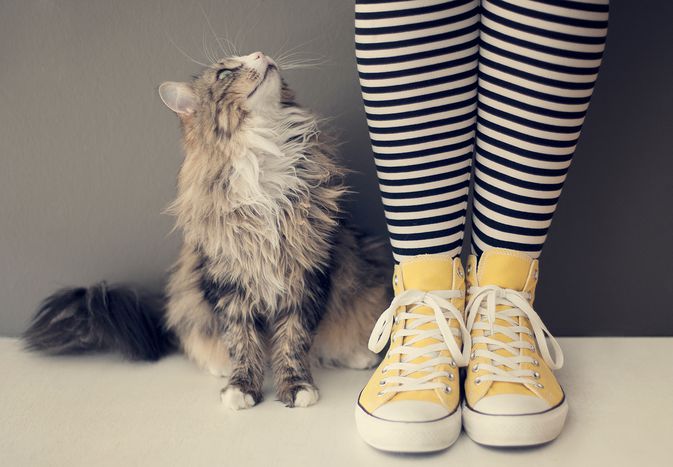
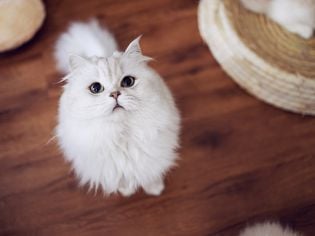
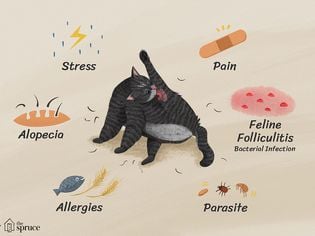
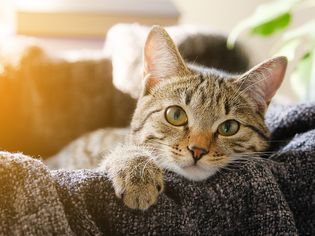
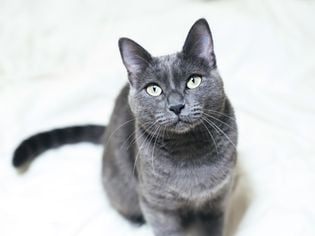
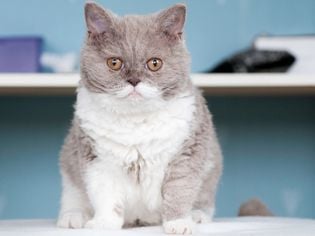
Comments on " Cat Pupils of Different Size: Anisocoria in Cats" :